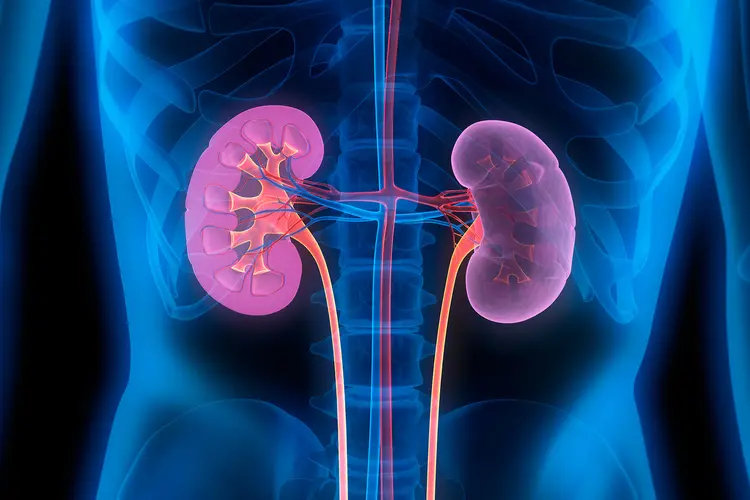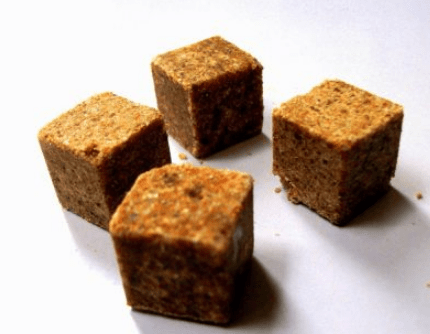What You Need To Know About Kidney Disease

What you Need To Know About Kidney Disease
By Okunlola Christiana Omolola
Kidney disease, commonly referred to as renal disease or nephropathy, involves damage to or disorders of the kidneys. This condition can be either acute (occurring suddenly and temporarily) or chronic (developing gradually and persisting over a long period). Chronic kidney disease (CKD) is a progressive disorder in which the kidneys progressively lose their ability to effectively filter blood, which may eventually result in kidney failure.
What functions do the kidneys perform, and what are they?
The kidneys are two organs shaped like beans, each approximately the size of a fist. They filter out waste and excess fluid from the bloodstream, producing urine. Additionally, they are essential for maintaining the body’s overall balance.
Types of Kidney Disease
• Acute Kidney Injury (AKI): A sudden decline in kidney function, frequently resulting from injury or illness, which can be reversed with appropriate treatment.
• Chronic Kidney Disease (CKD): A progressive decline in kidney function that occurs over months or years. It is characterized by kidney damage or a glomerular filtration rate (GFR) below 60 mL/min/1.73 m² for a duration of 3 months or more. CKD has the potential to advance to kidney failure.
• Kidney Failure (End-Stage Kidney Disease – ESKD): The kidneys have nearly entirely lost their functional capacity, necessitating dialysis or a kidney transplant.
Causes of Kidney Disease
• Diabetes: Elevated levels of blood sugar can harm the blood vessels within the kidneys.
• High Blood Pressure: Increased blood pressure can exert pressure on the kidneys and cause damage over time.
• Heart Disease: Cardiovascular issues can impact the flow of blood to the kidneys.
• Family History: Having a family background of kidney disease raises the likelihood of developing it.
• Other kidney problems: Infections, kidney stones, and certain hereditary conditions can also contribute to kidney disease.
Indications of Kidney Disease:
• Swelling in the feet, ankles, or hands.
• Feeling fatigued and lacking energy.
• Alterations in urination (more frequent trips to the bathroom, particularly at night).
• Difficulty breathing.
• Loss of appetite accompanied by nausea.
• Muscle cramps and persistent itching.
• Trouble focusing.
• A metallic taste experienced in the mouth.
Management of Kidney Disease:
• Addressing Underlying Issues: Effectively managing diabetes and hypertension is essential for slowing down the advancement of chronic kidney disease (CKD).
• Lifestyle Modifications: A nutritious diet, consistent physical activity, and steering clear of smoking and excessive alcohol consumption can be beneficial.
• Medicinal Treatments: Healthcare providers may recommend medications to help regulate blood pressure, manage blood sugar levels, and alleviate swelling.
• Dialysis: In cases of kidney failure, dialysis is utilized to cleanse the blood of waste and excess fluid.






